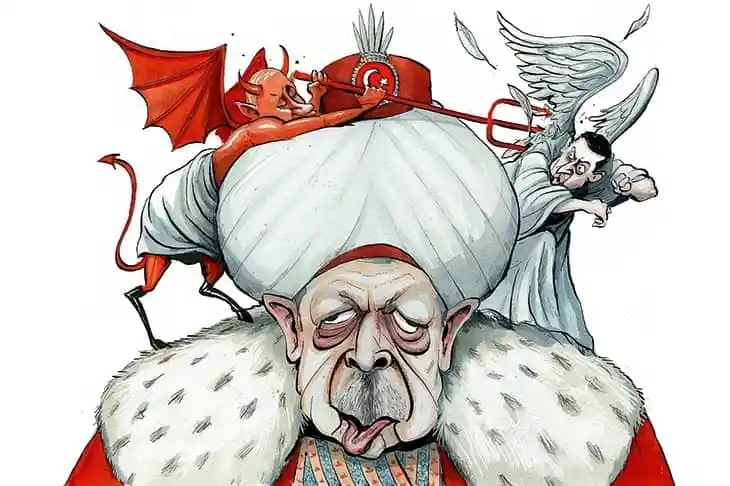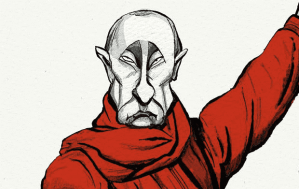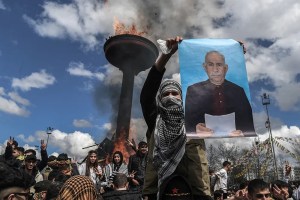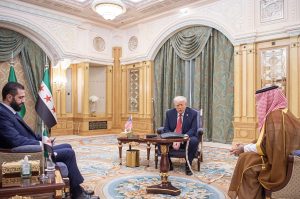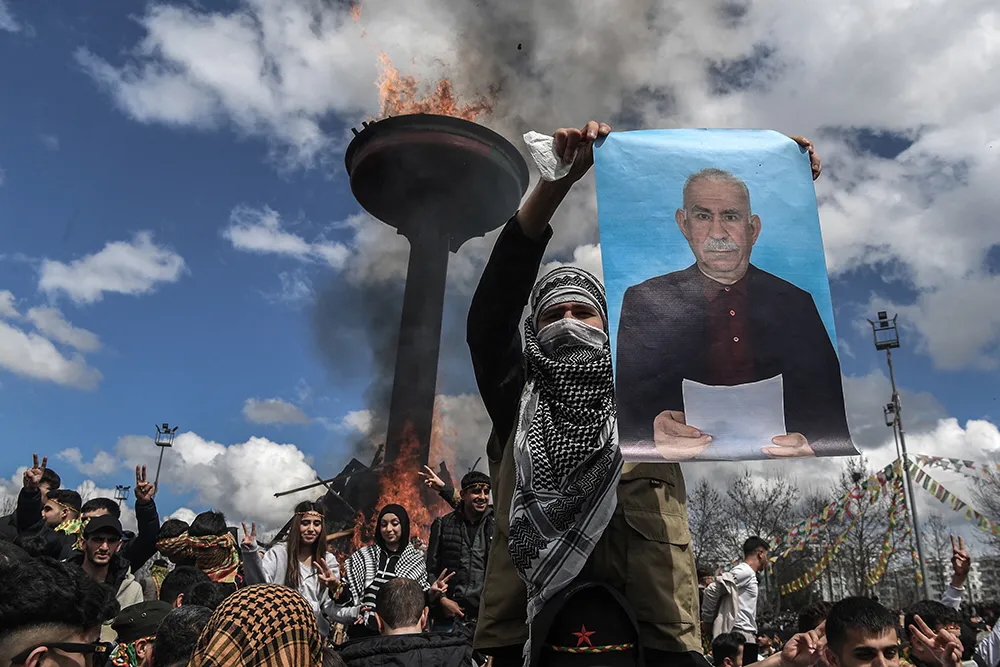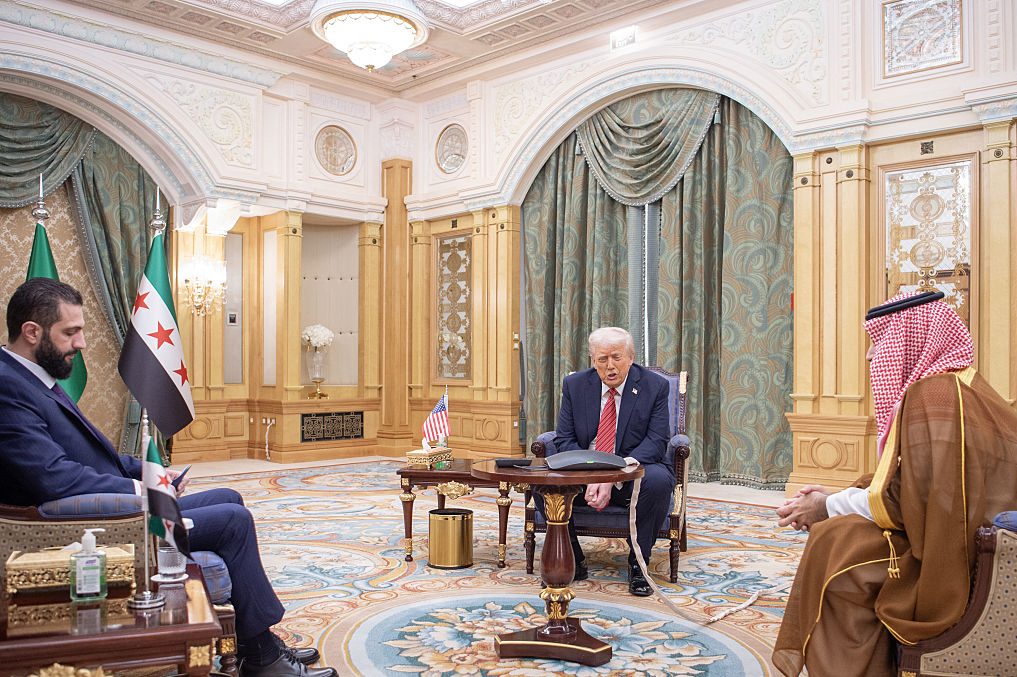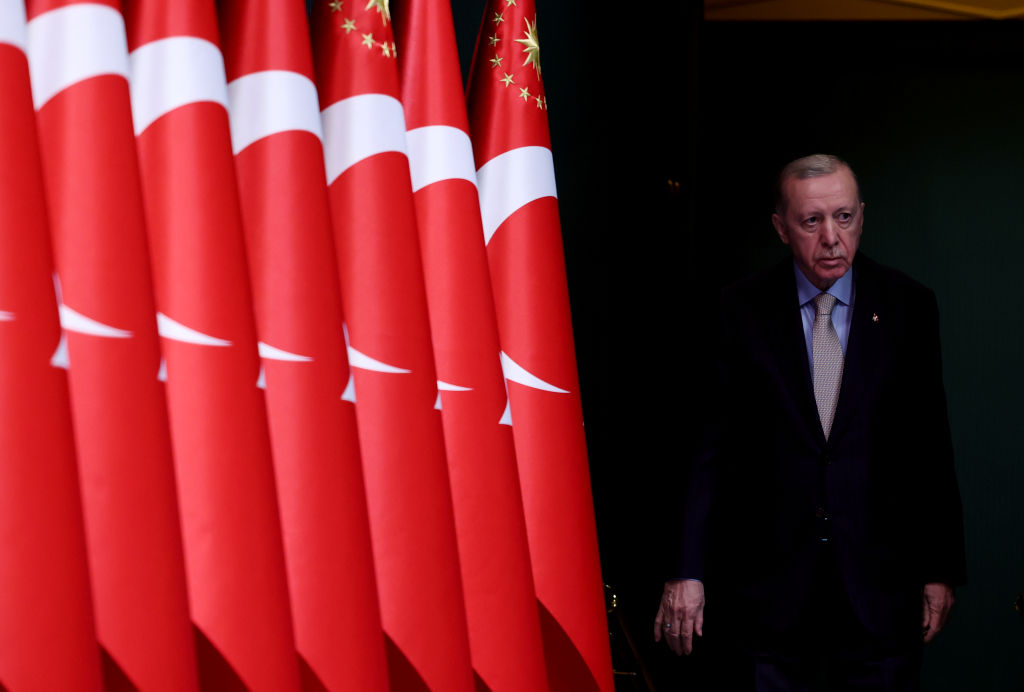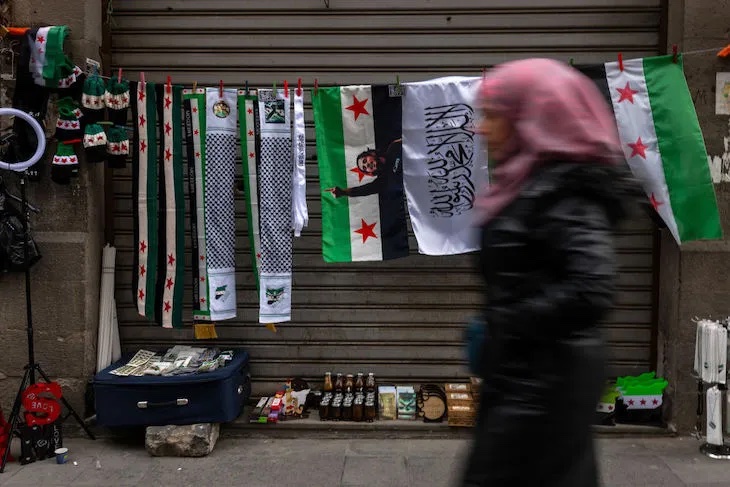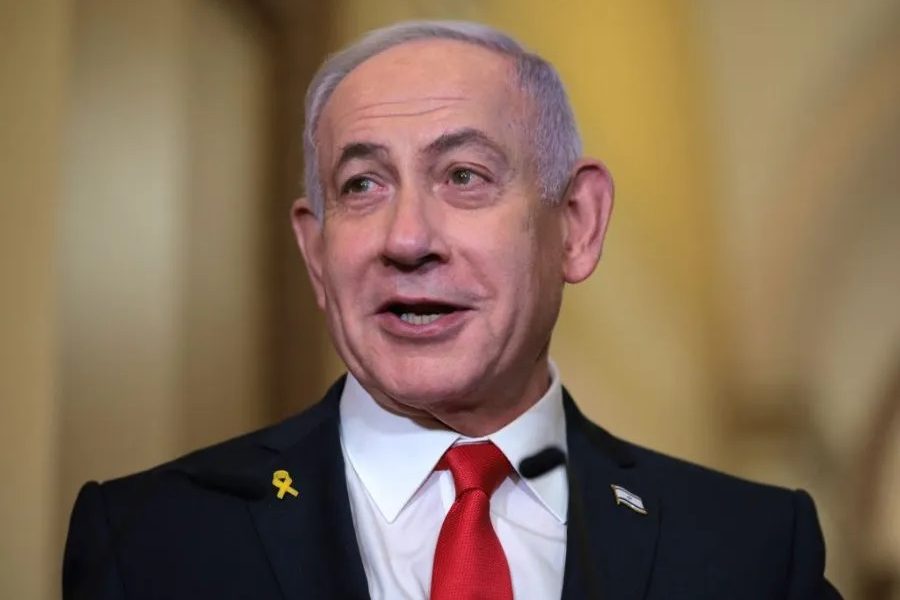“Kılıçdaroğlu” is a pronunciation nightmare for the non-Turkish. Yet after this Sunday’s presidential elections, international news presenters, who have struggled for twenty years with President Erdoğan’s soft “g,” might have to work harder to articulate the name of the social democrat leader of opposition. “You may call him Mr. Kemal [his first name] until he wins,” I’ve been saying to journalist friends. It’s the kind of simplification that people from complex, non-western countries are self-trained to give so our maddening realities can be better understood: “To feel Turkey, imagine the acute polarization during the Brexit referendum continuing for twenty years. Add to that a far more ruthless Trump with political genius and Islamist aspirations.”
The country, founded in 1923, is about to choose its destiny in its second century
And since March, when the election campaign for the presidency and parliament began, my line has been quite simple: “Either Mr. Kemal wins against Recep Tayyip Erdoğan, or we lose the country for good. This is the final countdown.”
If Erdoğan’s twenty-year rule does not end on Sunday, no political leader will be able to challenge him afterwards. The country will become unlivable, not only for disobedient ones like myself (I left in 2016 after my criticisms of the president cost me my job as a journalist) but for anybody who is not submissive enough. Already famous for his illegal purges of political rivals and critics, Erdogan has been hinting at the imprisonment — or worse — of Mr. Kemal.
Devlet Bahçeli, a key Erdoğan ally and leader of the far-right Nationalist Movement Party, told a rally that opposition “traitors” deserve “bullets in their bodies.” The president’s supporters have frequently tried to attack Mr. Kemal on the campaign trail — and this week Ekrem İmamoğlu, Mr. Kemal’s vice-presidential candidate, was pelted with stones. Erdoğan, naturally, dismissed the violence as “staged.”
Other members of the broad Nation Alliance of six opposition parties that Mr. Kemal represents have been attacked too. Two weeks ago Meral Akşener, the leader of the second-biggest party in the coalition, brandished the spent bullets that were shot at her party’s building. She addressed Erdoğan directly in her speech, saying: “These bullets will not stop us.”
In the shadow of violence, and despite smear campaigns, open threats and classic attempts at voter suppression — including moves to disenfranchise the survivors of the recent earthquake, who are likely to vote against Erdoğan — Mr. Kemal is keeping his focus on the credo of his political campaign. And that credo is “radical love in politics’: an approach successfully used by İmamoğlu, who managed to win Istanbul’s mayoral elections despite Erdoğan’s attempts to rig the system against him. The gist of radical love is to target the authoritarian leader, yet to smother his supporters with love so that the polarization he feeds on becomes irrelevant. At the heart of the strategy lies the promise of no political revenge directed at Erdoğan’s backers in case of a win. So if Mr. Kemal overcomes all the hurdles to become Turkey’s next president, he will have shown the way to get rid of a supposedly untouchable autocrat through democratic means.
The most dependable opinion polls show Mr. Kemal ahead by 2 to 3 percent. However, widescale election fraud by Erdoğan supporters is almost a tradition in Turkey. Talking about the government’s vote theft has become natural. But there is one thing none of us wants to mention, and which we just think about in silence: an assassination. Mr. Kemal hinted at the possibility by sharing an old video of his saying: “The money [the government has stolen and is afraid of losing] is too much. So if something happens to me, it is my last will to you to go after the money stolen from the people of Turkey.”
The country, founded in 1923, is about to choose its destiny in its second century. Will it be an open-air prison run by a mafioso-style leader, or will Turkey return to her usual insanity by readopting the parliamentarian regime? It won’t be heaven if Kemal Kılıçdaroğlu wins, but at least the doors of hell will be closed if Erdoğan loses.
This article was originally published in The Spectator’s UK magazine. Subscribe to the World edition here.



